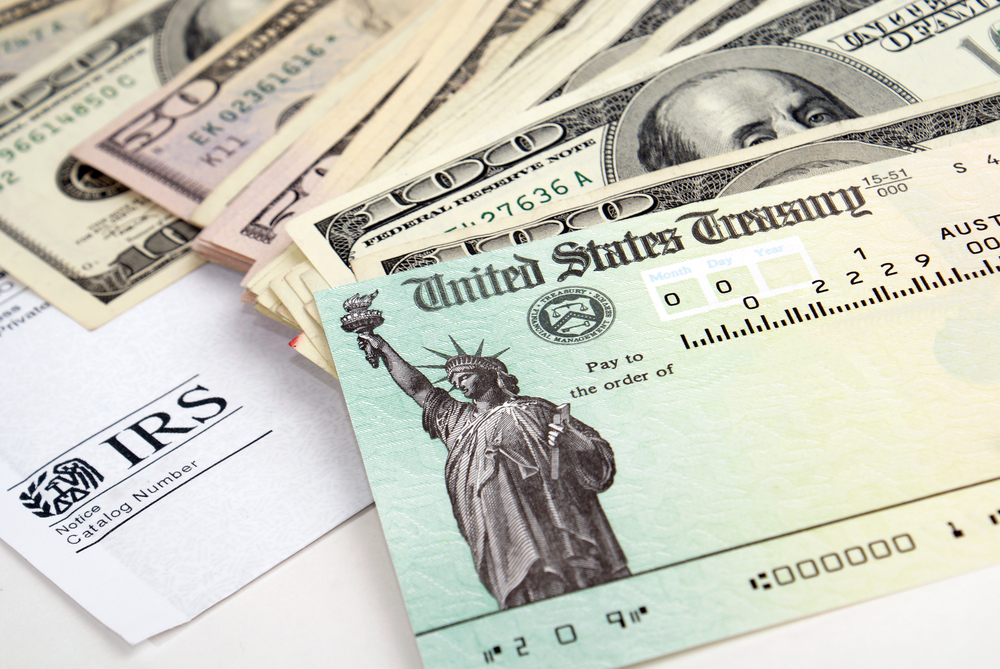May 13, 2013 – Lawmakers on Friday were presented with a dramatic tax reform proposal co-sponsored by bipartisan group of legislators.
The controversial overhaul proposal aims to slash the state’s income tax rate in half and make a host of other sweeping changes, including raising sales and excise taxes and eliminating exemptions. Proponents of the plan say the proposal will provide income and property tax relief to Mainers.
Sen. Dick Woodbury, an independent from Yarmouth, is the architect of the plan. He told lawmakers on Friday that the plan is “pro-growth” and designed to attract businesses and spread the current tax burden to non-residents.
“I believe this plan sends a clear signal to Maine businesses and has a lot of potential to be an economic driver,” he said during the public hearing.
Th plan cuts Maine’s top income tax rate of 8 percent and replaces it current tiered system with a 4 percent flat rate. It pays for the cut by increasing the sales tax from 5 to 6 percent while eliminating a host of current sales tax exemptions. It also increases excise taxes on items like cigarettes, beer and wine.
The plan is already facing stiff opposition. Industry groups affected by the proposed changes to Maine’s sales and excise taxes were set to oppose the plan during testimony scheduled for Friday afternoon. Some Democrats oppose paying for an income tax cut by broadening the sales tax, particularly because it will provide a significant tax cut for the wealthy.
Friday morning’s testimony came primarily from proponents of the bill. The Maine Municipal Association told lawmakers that it supported the proposal. Geoff Herman told lawmakers on the Taxation Committee that it had analyzed the impacts and found that Maine property taxpayers will see an average reduction of $500 in their tax bills.
Herman said the provision in the bill to increase the homestead exemption to $50,000 would ensure that increased revenues generated by the proposal would go to property taxpayers. Herman cautioned that municipalities would lose some discretionary spending authority as a result of the targeted spending.
Sen. Doug Thomas, R-Somerset, blasted the bill, saying he would oppose it “with all that’s in me.” Thomas said the property tax relief would disproportionately benefit communities with higher tax rates. Thomas also criticized the bill for proposing to tax groceries and heating oil.
Proponents of the bill argue that a significant tax credit for low- and middle-income individuals and families would moderate, if not erase, the regressive impact of higher sales taxes and taxes on items such as groceries and oil.
Some Republicans say the bill is a “Trojan horse” for tax increases. While they support cutting Maine’s top income tax rate, some would rather pay for it with reduced government, not sales tax increases.
——————
Copyright 2013 – Portland Press Herald, Maine
Thanks for reading CPA Practice Advisor!
Subscribe Already registered? Log In
Need more information? Read the FAQs



